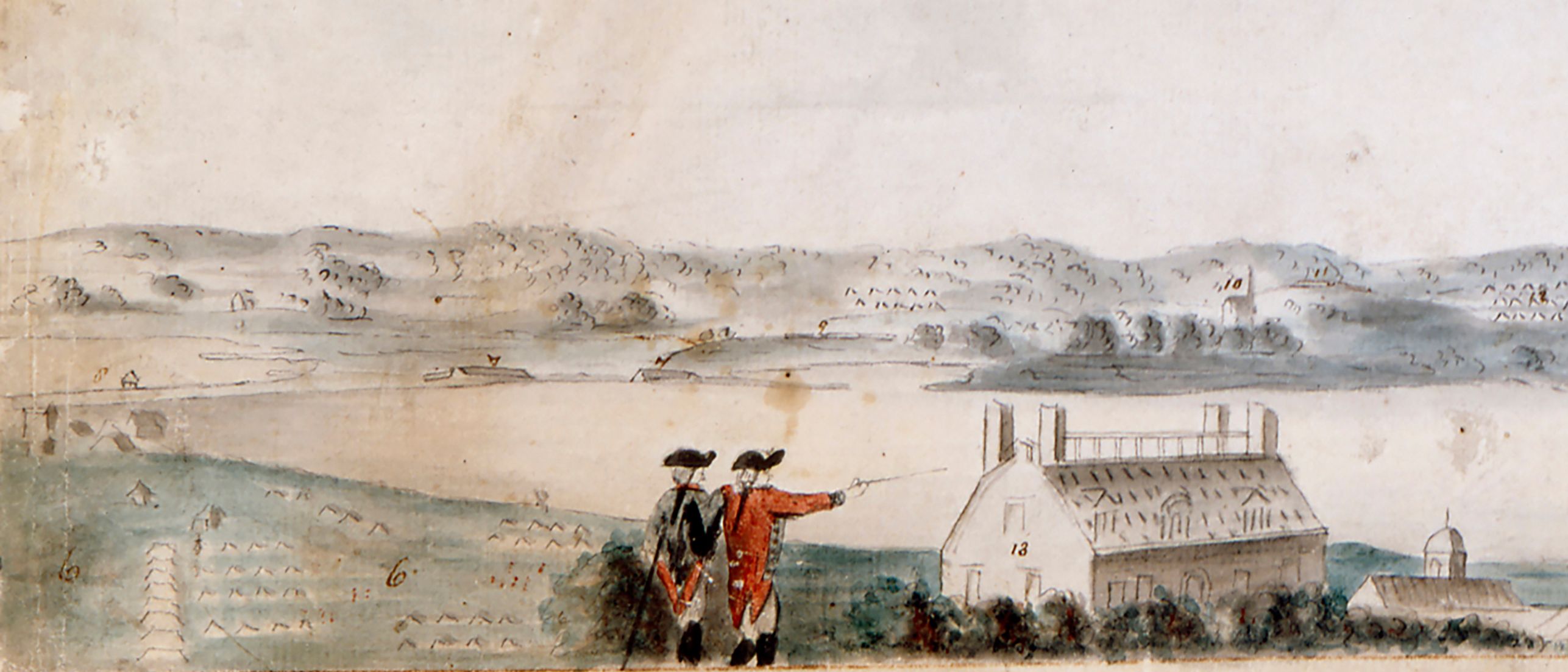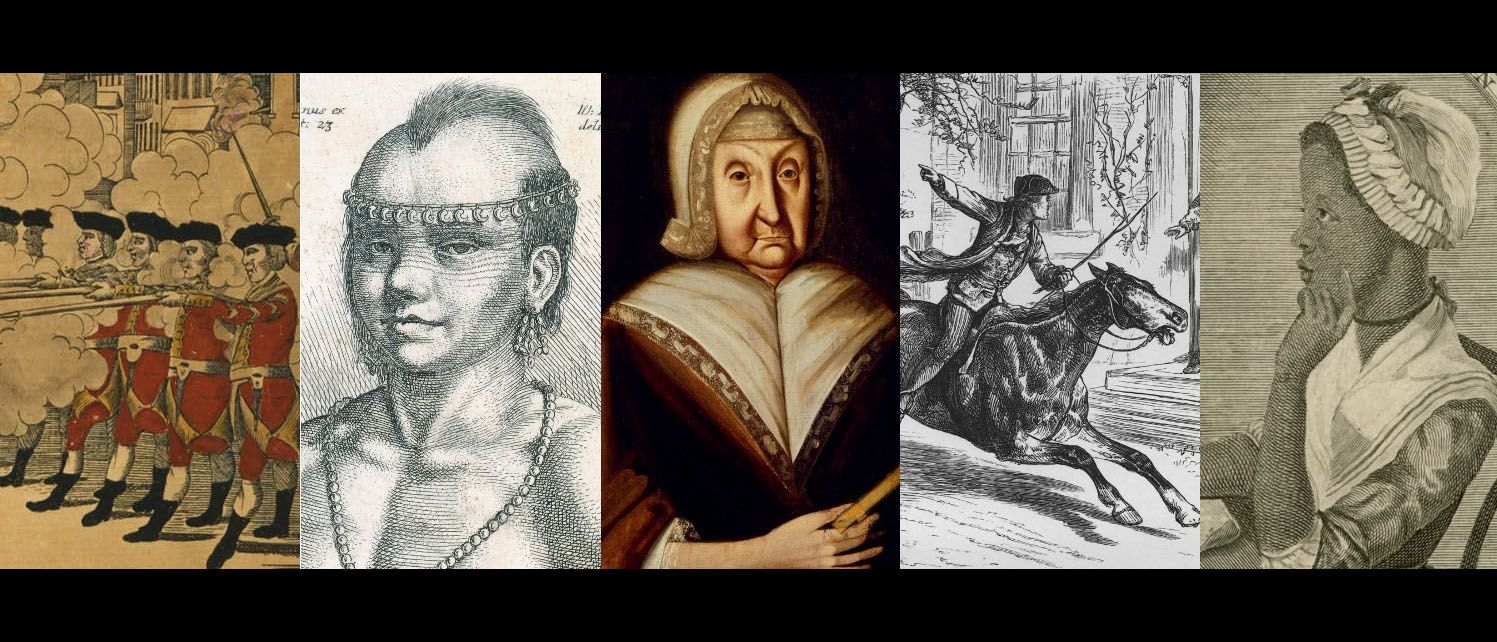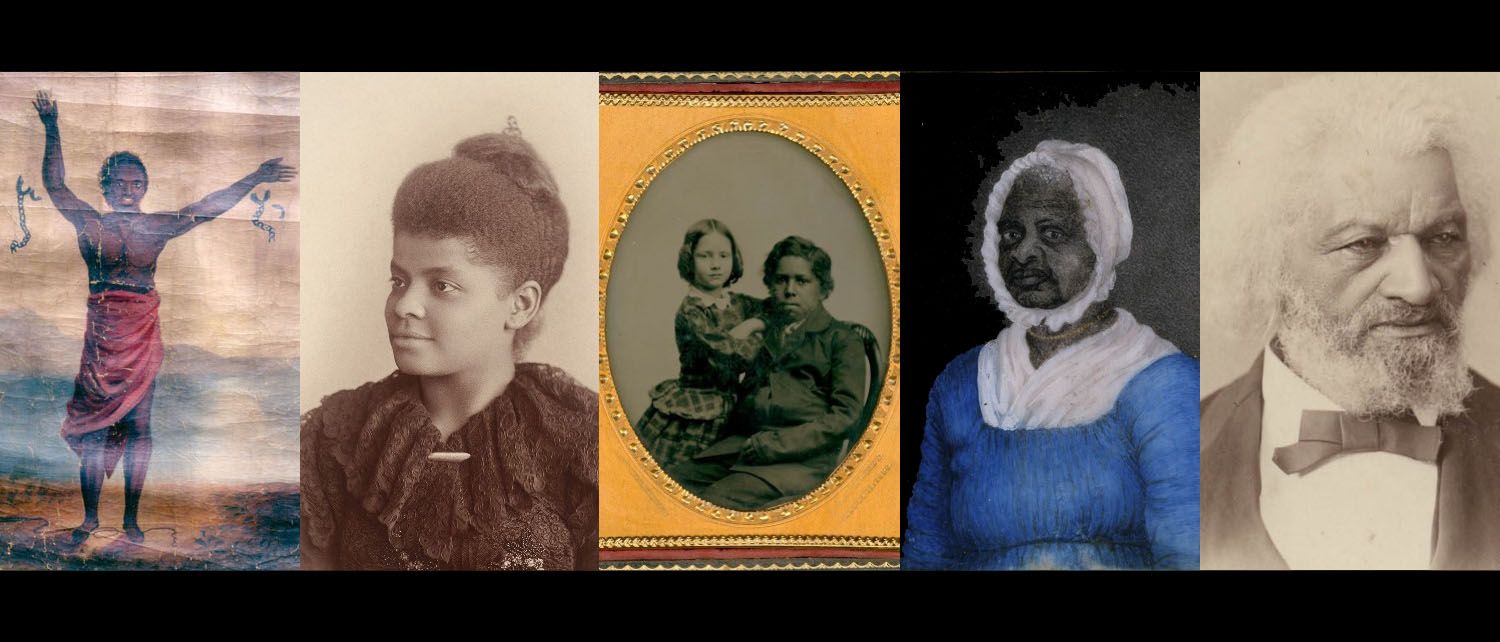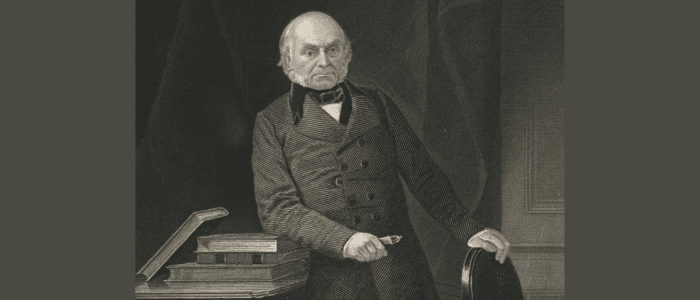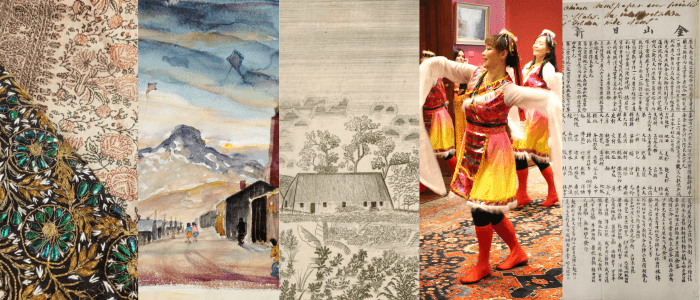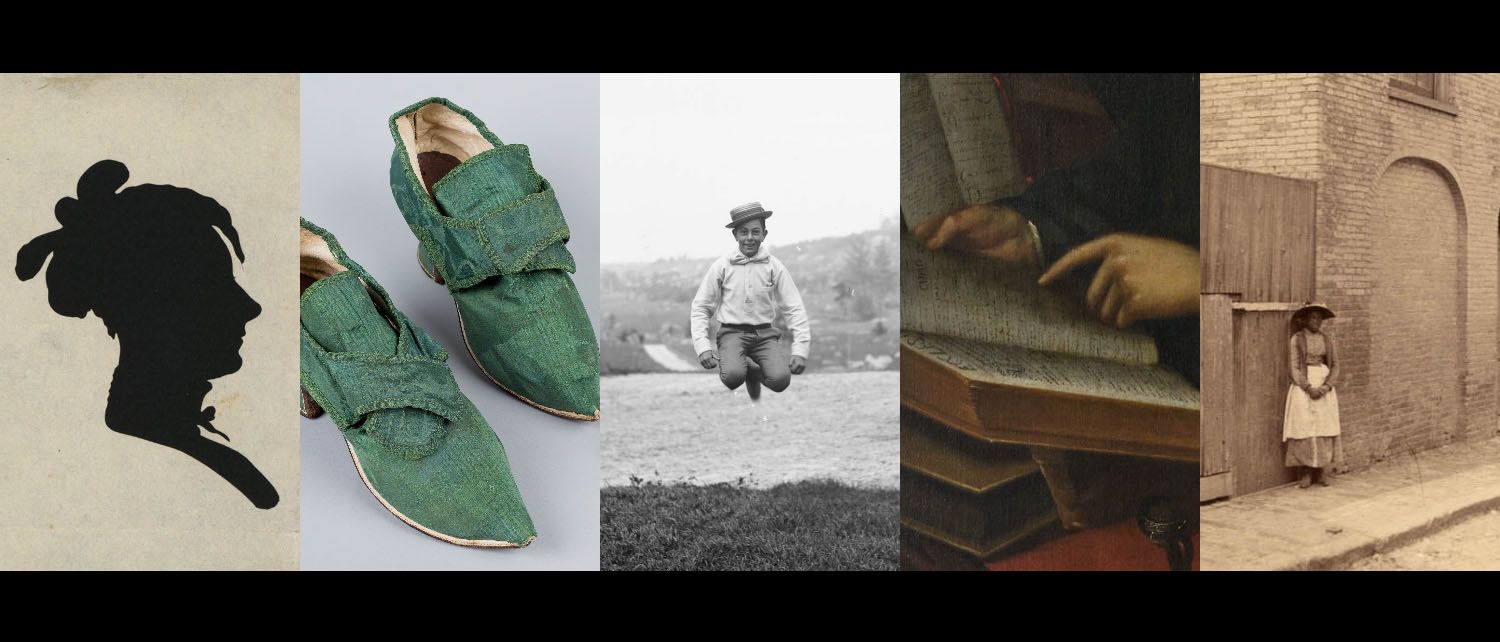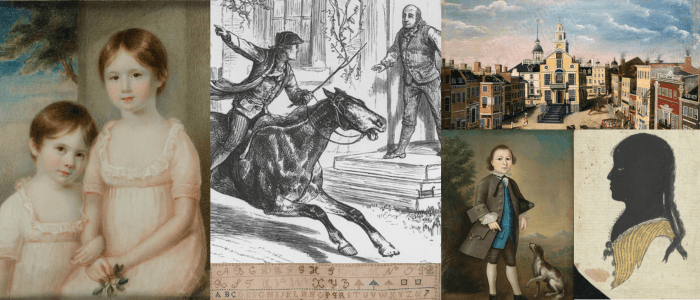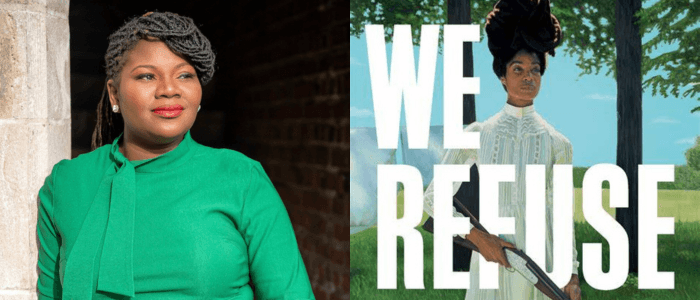Event
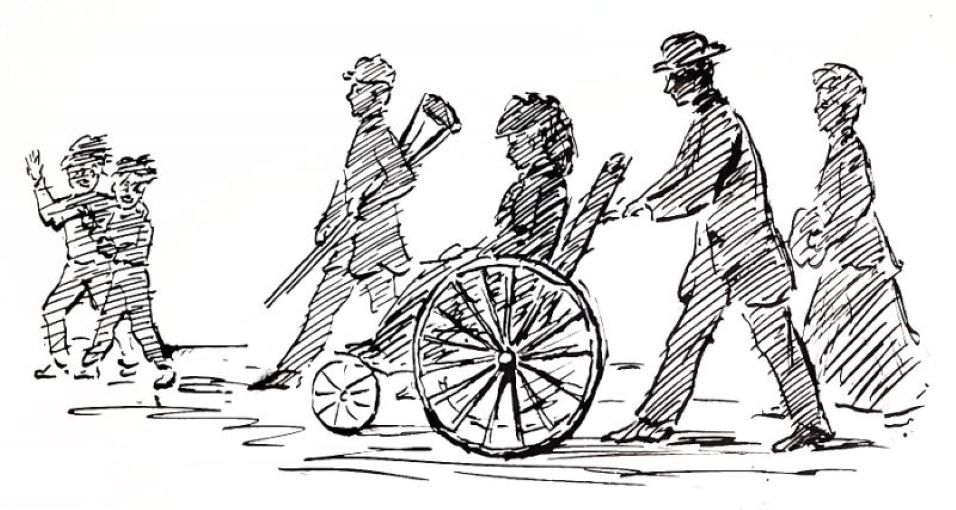
Disability & the American Past: Disability Activism in Massachusetts & Nationwide
Colin Killick, Disability Policy Consortium
Cheryl Cumings, Our Space Our Place, Inc.
Maria Palacios, Sins Invalid
Moderated by Lydia X.Z. Brown, Autistic People of Color Fund
Note on accessibility: All online programs in this series are in English and have ASL interpreters and live captioning. If you have questions about accessibility, please contact programs@masshist.org.
This panel highlights the decades of work of activists in the disability rights movement both in Massachusetts and nationally. Colin Killick will discuss recent advocacy for better standards of care during Covid and more affordable housing for people with disabilities in Massachusetts. Cheryl Cumings will describe of the founding of Our Space Our Place, an organization that prepares blind youth for adulthood. Maria Palacios and Lydia X.Z. Brown will represent a national perspective, with Maria sharing her experience as a disabled poet and performer with Sins Invalid, and Lydia leading the discussion, as an author, educator, advocate, and founder of the Fund for Autistic People of Color Fund. The conversation will touch on the panelists’ history, current issues of advocacy, and look to the future as they imagine the next steps and possibilities for disability activism.
Online event.
